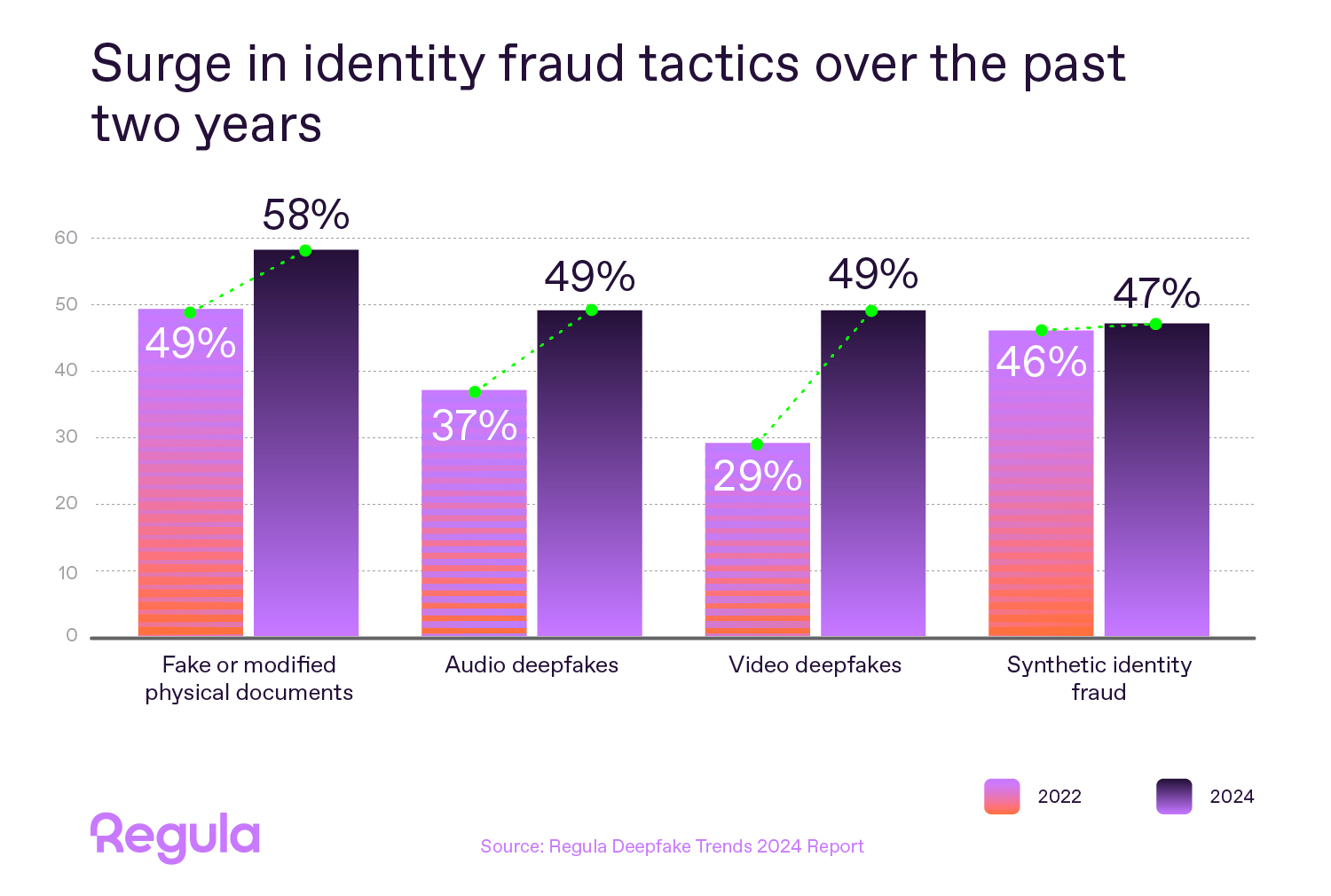![]()
New York, NY, June 6th, 2024, FinanceWire
Table of Contents
Citi, Deutsche Bank, Mastercard, Northern Trust and Centrifuge provide insights on paths to secure, multichain asset tokenization for report produced by Axelar Foundation and Metrika
A group of leading financial institutions and Web3 innovators have contributed to an in-depth paper on a path to achieve interoperability for tokenized assets across public blockchains, private blockchains, and legacy systems.
Published today, “Institutional Interoperability: How Financial Institutions Navigate a Multichain World” addresses how to achieve increased accessibility and liquidity for tokenized assets, with flexibility, privacy, transparency and scalability.
Tokenized assets are on-chain representations of financial assets such as real estate, currencies and securities. A recent report authored by Boston Consulting Group and market operator ADDX predicts multi-trillion-dollar value in tokenized assets within the decade. All institutions participating in the paper emphasized the need for interlinked network models that embrace multiple blockchains, as well as traditional systems, in order to realize this potential.
Financial institutions Citi, Deutsche Bank, Mastercard and Northern Trust contributed insights to the paper in spotlight sections. Topics covered include descriptions of their projects in asset tokenization, points where they have implemented multiple blockchains, and potential requirements and challenges for blockchain interoperability. Web3-native innovators Axelar Foundation, Centrifuge and Metrika also contributed to the paper.
The paper acts as a road map for financial institutions developing tokenized-asset opportunities and facing a complex array of blockchains public and private, alongside stringent requirements imposed by clients and regulations. It was authored by blockchain analyst Emily Parker, based on a framework laid by the Monetary Authority of Singapore’s Project Guardian in 2023.
Contributors to the paper will be invited to discuss the paper’s findings in a panel event at Point Zero Forum in Zurich, July 1-3. To download the paper and sign up to request an invitation, readers can click here.
“Tokenized assets are by design interoperable, bridging assets recorded on off-chain ledgers with on-chain representations,” said Georgios Vlachos, director of Axelar Foundation and co-founder of Axelar protocol. “The question isn’t, how do we facilitate one such connection – it’s how do we facilitate potentially thousands of connections across on-chain and off-chain ledgers, in a way that’s secure, scalable and open.”
“Multichain asset interoperability and servicing will in all likelihood become a necessity for securities service providers as their clients adopt different chains,” said Anand Rengarajan, managing director, global head of sales & head of securities services APAC, Corporate Bank, Deutsche Bank. “It will be essential that asset servicers know how to address and service interoperability – between chains and with traditional processes – on a cost and risks-managed basis to enable sustainable growth that multiple chains can amplify.”
“Northern Trust is preparing for significant growth in the share of its assets under custody that are tokenized on-chain,” said Alvin Chia, head of digital assets innovation for Asia Pacific at Northern Trust. “To provide the best services possible to our clients, we’ll need to participate actively in the blockchain ecosystem, connecting multiple blockchains with tailored approaches at multiple points.”
“Asset tokenization brings major advantages in access and liquidity – and with a modular, multichain architecture, it can also do a great deal to improve visibility and on-chain utility,” said Bhaji Illuminati, CMO of Centrifuge. “This is Centrifuge’s path to enable flexibility and scalability in the rapidly evolving RWA ecosystem.”
“Tokenized assets hold transformative potential for financial institutions, and interoperability in tandem with risk management is key to unlocking that potential,” said Nikos Andrikogiannopoulos, Founder and CEO of Metrika. “Effective risk management and ongoing surveillance ensure these digital assets seamlessly, reliably and securely integrate into existing financial systems, fostering confidence, accessibility, liquidity and innovation.”
About Axelar
Axelar is the Web3 interoperability platform, delivering the shortest path to scale on an open stack to connect all blockchains. Adopters include Uniswap, Microsoft and dozens of natively multichain startups, building applications to reach all blockchain users at once – 10X as many active users as the leading Web3 application environment. Axelar supports smart contracts on a cross-chain layer that is open, scalable and secure. Backers include Binance, Coinbase, Dragonfly, Galaxy and Polychain.
To learn more: axelar.network.
About Axelar Foundation
Axelar Foundation is a nonprofit established to support the growth and adoption of the Axelar network, a decentralized interoperability network that connects multiple blockchain ecosystems. Learn more at axelar.foundation.
About Centrifuge
Founded in 2017, Centrifuge creates better technology for financial products. Centrifuge provides asset managers a way to tokenize, manage and distribute their funds on-chain and investors better access to a diversified portfolio of high-quality tokenized assets.
About Metrika
Metrika is the definitive industry leader in blockchain risk management, enabling you to proactively assess risks and guarantee compliance across digital asset services. Implement strategic risk frameworks, navigate regulatory compliance by jurisdiction, and shield your operations from emerging risks with ongoing monitoring and surveillance. Users can learn more at metrika.co
Contact
PR Director
Karla Vilhelem
MarketWaves PR
[email protected]
(754) 215-4315


Recent Comments